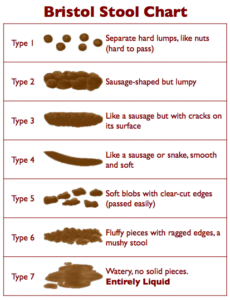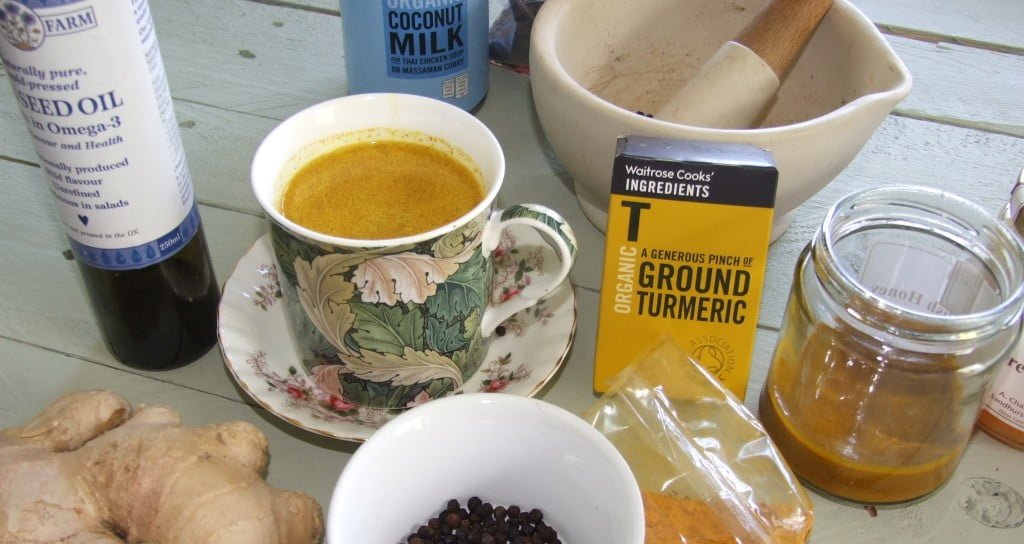Beauty, Budwig, Diabetes, Flaxfarm, Health, Natural history, Nutritional, Overcoming Multiple Sclerosis
Solved: The Mystery of Why “Flax is So Hydrating”
Back when I was running my Flax Farm stall at Borough Market, I was often told by people from Central and South America that they loved flaxseed because “it’s so hydrating.” My immediate reaction was: how could anything be more hydrating than a glass of water?
The Trouble with Drinking Water
The problem with water – or especially coffee, which contains caffeine that revs up the system – is that it can pass through you too quickly. When you drink water, it travels from the stomach into the small intestine, where it is absorbed within minutes, often causing the urge to pee as little as five minutes later. This fast exit doesn’t do much to improve hydration.
It’s not really the problem with the water, it’s a problem caused by a typical modern Western diet with too many refined carbs, not enough fibrous foods and a depleted gut biome. Even if you eat veggies and fruit they are very tender and less fibrous than those our guts evolved for. Consequently our gut biome has fewer varieties of bugs and less volume.
. 
The Flax Connection
After chatting with fellow flax-enthusiasts, we began to piece it together. We noticed that those of us who regularly consumed large amounts of ground flaxseed didn’t need to rush to the loo after a coffee. While doing intense circuit sessions and lots of cross-country running (I’m a fair-weather exerciser, so most of my running happened on sunny days), I noticed how resilient my hydration was.
I never carried water to the gym or on runs. I’d drink plenty throughout the day, but when I did take water with me while exercising, I never touched it. However, I was always thirsty for a beer after a run!
Slow-Release Hydration: The Key to Flax
How does flax fibre hydrate? Soluble fibre slows the emptying of the stomach and the movement of food – and drink – through the intestines. Flax’s soluble fibre absorbs water and forms a loose gel, acting like a sponge. This means water is released into the bloodstream more gradually and over a longer period, maintaining hydration better.
It works in much the same way as eating more soluble fibre gives you slow-release energy: it prevents blood sugar spikes and provides a sustained energy release that keeps you feeling fuller and consistently energised for longer.
The Hydrating Magic of Flax Fibre
It’s been shown that sipping fluids steadily throughout the day helps maintain hydration and reduces the need to urinate frequently. Drinking little and often keeps water levels in the body topped up. But it isn’t natural for our species or any other.
In nature, water isn’t always available exactly when we need it, so it makes sense our bodies evolved a way to make the most of what we drink. Our hunter-gatherer ancestors consumed far more fibre than we typically do today. That fibre formed a gel in their guts, helping water stick around longer. Which is what Flax can do for us in the twenty-first century.

Better Poo helps Hydration too
The effects of soluble fibre begin in the small intestine and continue all the way to the colon. When you eat plenty of flax, its soluble fibre nourishes beneficial gut bacteria, significantly boosting the population of healthy gut flora. This leads to a colon filled with the soft, moist bodies of good bacteria—resulting in large, soft, moisture-rich stools.
This moist poo act as a reservoir of water and electrolytes, which the body can reabsorb if needed. If you’ve ever been constipated and passed hard, dry stools rated 1 or 2 on the Bristol Stool Chart, you’ll know there was little or no moisture left to reclaim. In contrast, if you’ve experienced the soft, well-formed type 3 to 5 stools that come from a healthy, fibre-rich diet, you can understand how this is another source of hydration when needed.
Flax fibre is especially effective because it’s very high in soluble fibre that contains a variety of different fibres. This means some water is released quickly into the bloodstream, while the rest is slowly eked out – preventing excessive urination and keeping us hydrated for longer.
So, What Does “Hydration” Really Mean?
I particularly like these definitions:
Merriam-Webster Dictionary:
“Hydration – the quality or state of being hydrated, especially: the condition of having adequate fluid in the body tissues.”
www.merriam-webster.com/medical/hydrationBritish Nutrition Foundation:
“Hydration is the replacement of water lost from our bodies through natural processes such as sweating and going to the toilet.”
www.nutrition.org.ukBritish Dietetic Association:
“Good hydration is one of the most important aspects of the diet – drinking enough liquids to keep fluid levels in the body topped up helps ensure that all bodily functions can take place as normal.”
www.bda.uk.com
Why Hydration Matters
Whether you’re a competitive athlete or a dedicated couch potato, staying hydrated is essential.
Our bodies are essentially a big bag of water and chemicals. Every bodily process takes place in water. If the concentration of water in the body goes up or down too much, those processes can go wrong. Proper hydration is vital for everything – from the digestive system to the outer layer of our skin.
If we drink too much water, we simply pee it out. so that’s not really a problem (unless you drink stupid amounts which can be dangerous so never force yourself to drink far in excess of what feels comfortable.) but if we don’t drink enough, it can lead to a range of symptoms:
Headaches
Tiredness
Fatigue
Muscle cramps
Constipation
Dizziness
Brain fog
Dry skin
Hydration also helps stabilise blood sugar levels, prevents blood pressure spikes, and can help reduce the urge to snack or overeat.
How to Use Flax for Hydration
Flax Farm products containing ground flaxseed are ideal:
Ground flax
Flax porridge
Muesli
Flaxjacks
Add to Meals
Flax Farm ground flaxseed can be added to any meal, sweet or savoury. Use one to two tablespoons once or twice a day.
Make Hydrating Flax Drinks
Ethiopian Telba – Recipe
Jamaican Irish Moss – a hydrating drink that’s also apparently an aphrodisiac
Mix with fruit juice
Flax tea
Golden flax tea
Flax milk
Drink Extra Water With Flax—Why?
If flax is hydrating, why drink more water with it?
When you eat flax, you want it to act like a moist sponge that slowly releases water. If you’re dehydrated and consume flax without additional liquid, it can slow down the uptake of water from food—or even soak up your body’s own digestive juices, potentially causing gut discomfort or blockage.
But when you mix flax into wet foods like smoothies, porridge, or cereal with milk, it forms a soft gel by the time it reaches your gut. That’s ideal. Still, it’s best to drink a glass of water or a hot drink alongside it.
Worried About Too Many Trips to the Loo?
Some people worry that drinking more will make them constantly need the toilet. But flax might actually help—its slow-release hydration can reduce the frequency of urination while keeping your body better hydrated overall.


